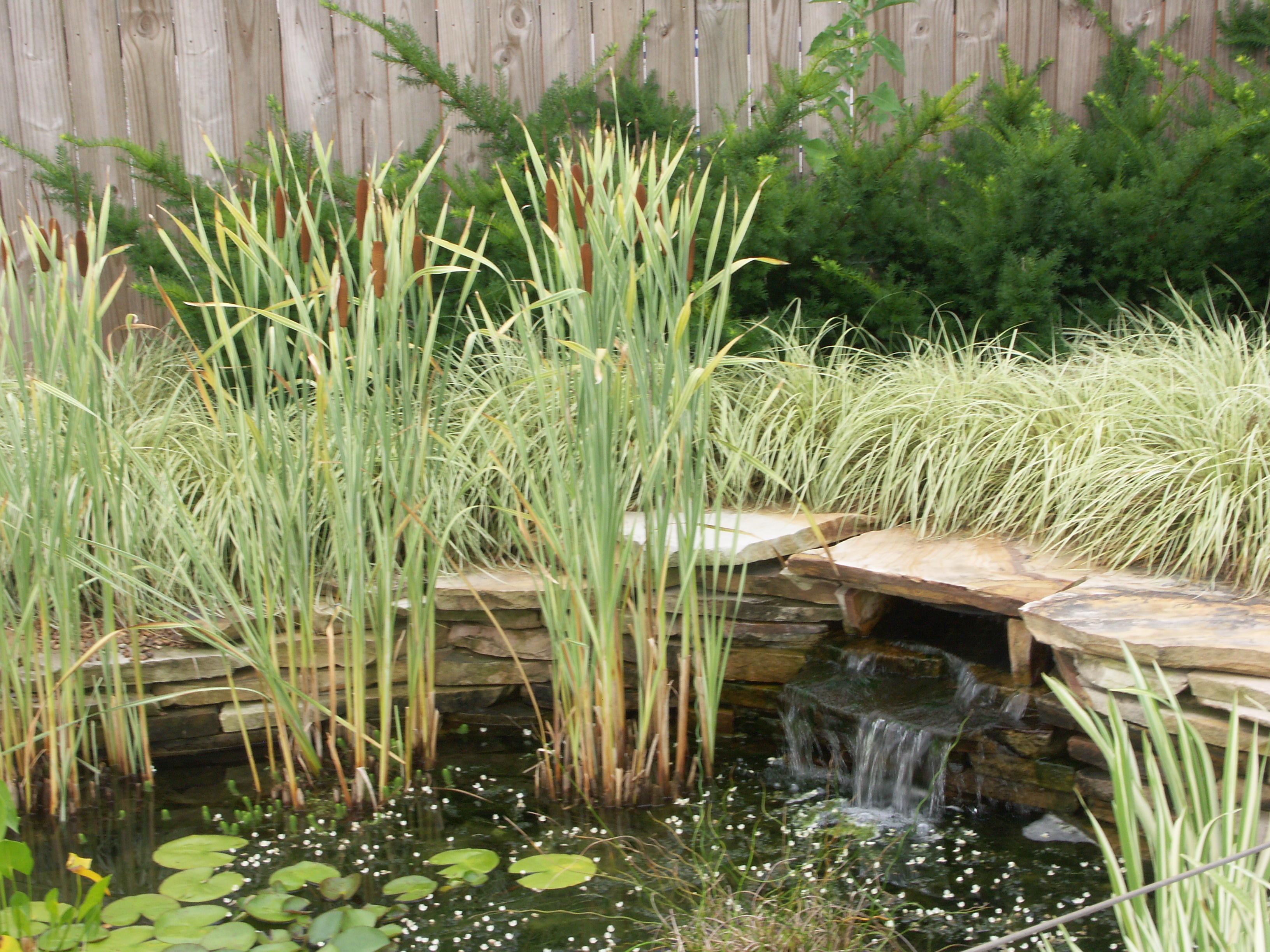Can I Turn My Pond Pump Off at Night?
Is it okay to turn my pond pump off at night?
Pond pumps are the lifeblood of our aquatic ecosystems, ensuring water circulation, oxygenation, and filtration vital for the health of aquatic life. However, a common question among pond owners is whether these pumps should run continuously or if they should be shut off periodically. Many pondkeepers consider putting the pond pump on a timer in an effort to cut the electric bill. Let's delve into the considerations to determine whether your pond pump should run 24/7 (spoiler alert: it should).
1. Oxygenation and Water Circulation
Pond pumps play a crucial role in oxygenating the water and maintaining proper circulation. Oxygen is vital for the survival of fish and other organisms living in the pond. Running the pump continuously ensures a constant supply of oxygen throughout the water column, preventing stagnation and creating a healthier environment for aquatic life.
2. Filtration and Water Quality
Continuous operation of the pump facilitates efficient filtration by passing water through mechanical and biological filters. Mechanical filtration removes debris, leaves, and other particulate matter, while biological filtration breaks down organic waste and harmful chemicals, promoting a balanced ecosystem. Interrupting pump operation can disrupt this filtration process, leading to poor water quality and potential harm to aquatic inhabitants. Biological filtration depends on living bacteria that is colonized on the media in your filter. Without a continuous flow of oxygenated water, these bacteria can die off.
3. Algae Control
Algae thrive in stagnant water with high nutrient levels. Continuous operation of the pump helps inhibit algae growth by preventing the buildup of nutrients and promoting water movement, which discourages algae proliferation. Additionally, proper filtration removes algae and algae-promoting substances, further contributing to algae control.
4. Pump Lifespan
At first, it may seem like the less you run your pump the longer it will last. However, pond pumps are built for continuous operation. Wear and tear of repeated stopping and starting usually will cause a pump to fail quicker than if it had just been running non-stop.
5. Water Loss
The importance of this factor can vary tremendously depending on the design of the pond system. Often when a pump is turned off then water that is in the piping, filters, and streams will run back into the pond. This may cause the pond to overflow, losing this water. When the pump is restarted the areas that drained out are refilled leaving a lower water level in the pond.
Running the pond pump 24/7 is critical for maintaining water quality, supporting aquatic life, and preserving the overall health and aesthetics of the pond. If reducing electrical costs of operating the pond is still a priority then it is best to look at more energy-efficient pumps. Many pumps today cost very little to operate.






